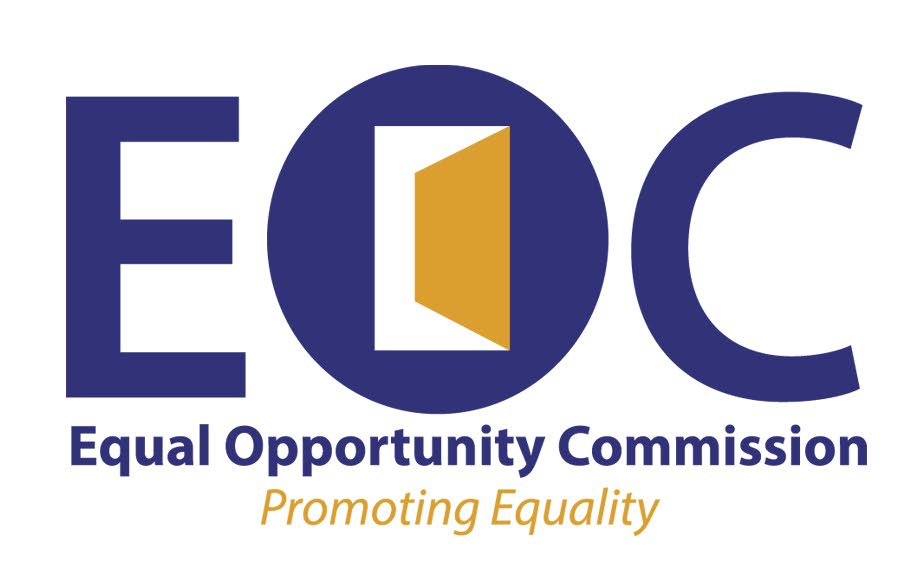Towards living together in peace

ON MAY 16, United Nation member states celebrated International Day of Living Together in Peace. The day is observed to regularly mobilise the efforts of the international community to promote peace, tolerance, inclusion, understanding and solidarity in order to build a sustainable world of peace, solidarity and harmony.
If we had to encapsulate the vision of the Equal Opportunity Commission (EOC), it would be just that. Simply put, we are working towards living together in peace. The vision of the EOC is “a society which is free from discrimination and prejudice, where human rights and diversity are respected, and where there is equality of opportunity for all.”
To live together in peace, we have to be united in our diversity and treat others with dignity and respect, simply because we are all humans who have the right to live without our status having any bearing on the opportunities that we access.
This has to be a proactive and participatory process by all. Individuals, families, communities, NGOs, faith leaders, government bodies and all other relevant actors must practise and teach those around us to respect human rights and the fundamental freedoms for all; without distinction as to their race, ethnicity, sex, religion, marital status, origin or disability.
The EOC and its role as the leading state advocate on equality is a critical institution in the road map to the ideal of peace. According to section 27 of the Equal Opportunity Act, the mandate of the EOC is to work towards the elimination of discrimination and promote equality of opportunity and good relations between people of different status generally. The functions listed in this section are designed to address discrimination at all stages: discrimination that exists and prevention.
The commission receives, investigates and conciliates complaints of discrimination lodged by members of the public. It is both a deterrent and proactive mechanism used to dissuade those who may be so inclined from discriminating against another and to provide redress for victims of discrimination. Further, the act established the Equal Opportunity Tribunal, which is independent from the commission, treats with cases as a super court of record. This means that the tribunal has jurisdiction and powers similar to that of a High Court and can compensate victims of discrimination and make appropriate orders against defendants.
The commission also proactively promotes equality through its public education initiatives. The act specifies that the EOC is required to develop, conduct and foster research and educational programmes and to prepare and publish appropriate guidelines for the avoidance of discrimination.
Some of the current public education initiatives of the commission include this weekly column in the Newsday and, among other projects, a monthly television programme entitled Sex and Prejudice, which brings together an expert panel to discuss various sex and gender issues and offer solutions. The EOC also publishes guidelines for employers on disability and sexual harassment in the workplace, etc. All guidelines are available on the EOC’s website: www.equalopportunity.gov.tt.
Another function of the commission is “to keep under review the working of this act and any relevant law and, when so required by the minister, or otherwise thinks it necessary, draw up and submit to the minister proposals for amending them.”
We can all agree that while the act is a progressive piece of legislation, it is a work in progress. This particular function, when implemented in a timely manner, will ensure that the act remains relevant and evolves to meet the needs of society.


Comments
"Towards living together in peace"